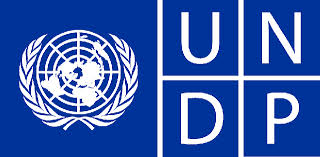AI is developing at an unprecedented speed, but a growing number of countries lack the necessary infrastructure, digital skills, and governance systems to benefit from it. According to a new UNDP report, this imbalance is already creating economic and social strain, especially in states that are unprepared for rapid technological change.
The report warns that the risk is the emergence of a ‘Next Great Divergence,’ in which global inequalities deepen as advanced economies adopt AI while others fall further behind.
The study, titled ‘The Next Great Divergence: Why AI May Widen Inequality Between Countries,’ highlights Asia and the Pacific as the region where these trends are most visible. Home to some of the world’s fastest-growing economies as well as countries with limited digital capacity, the region faces a widening gap in digital readiness and institutional strength.
Without targeted investment and smarter governance, many nations may struggle to harness AI’s potential while becoming increasingly vulnerable to its disruptions.
To counter this trajectory, the UNDP report outlines practical strategies for governments to build resilient digital ecosystems, expand access to technology, and ensure that AI supports inclusive human development. These recommendations aim to help countries adopt AI in a manner that strengthens, rather than undermines, economic and social progress.
The publication is the result of a multinational effort involving researchers and institutions across Asia, Europe, and North America. Contributors include teams from the Massachusetts Institute of Technology, the London School of Economics and Political Science, the Max Planck Institute for Human Development, Tsinghua University, the University of Science and Technology of China, the Aapti Institute, and India’s Digital Future Lab, whose collective insights shaped the report’s findings and policy roadmap.
Would you like to learn more about AI, tech, and digital diplomacy? If so, ask our Diplo chatbot!










